Stem Cell
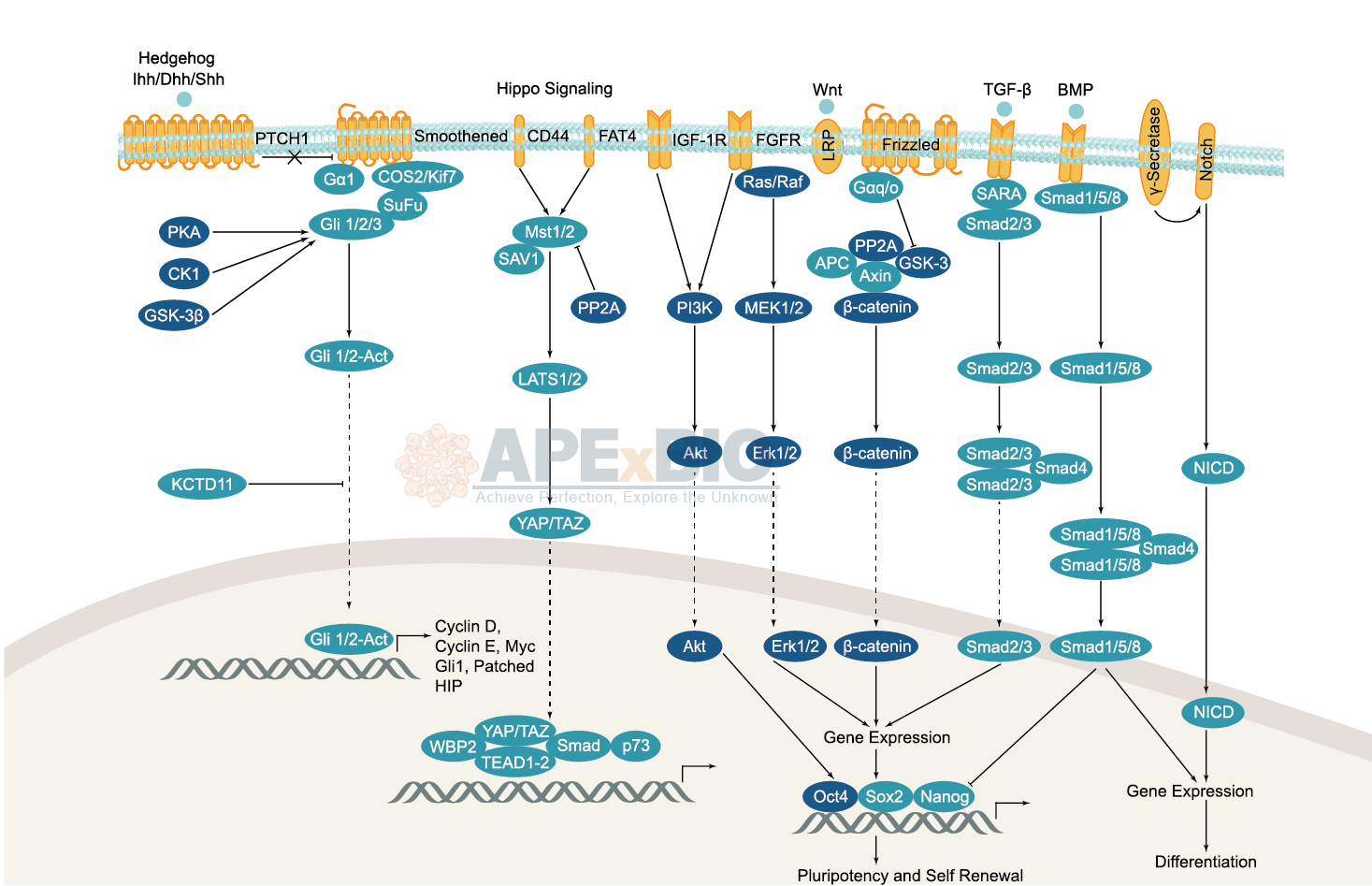
In ESC, BMP/TGF-β signaling pathway plays a key role in maintaining pluripotency and self-renewal. It signals through Smad proteins, and the FGF signaling pathway, which activates the MAPK and Akt pathways. The Wnt signaling pathway also promotes pluripotency. OCT-4, SOX2, and NANOG are three main transcription factors that are expressed and activated by these pathways. Induced pluripotent stem cells (iPSC) are pluripotent cells that can be generated from differentiated cells with forced expression of specific reprogramming factors. Both ESC and iPSC can be induced to develop into distinct cell types that associated with three primary germ layers: ectoderm, mesoderm and endoderm. Signaling pathways that control the development of these cell lineages, including BMP/TGF-β, Notch, Wnt/β-catenin, Hedgehog and Hippo pathways, which regulate cell division, growth and differentiation. Defects in stem cell signaling are related to developmental disorders and cancer.
-
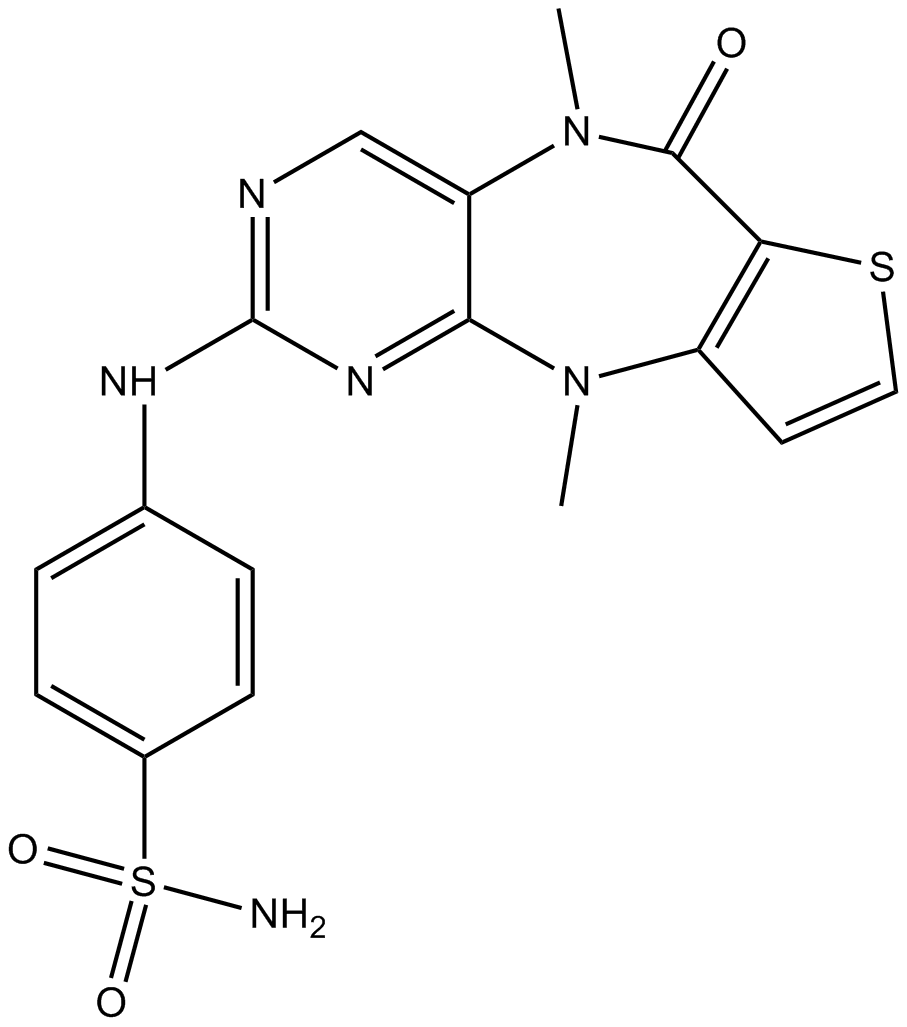 A8735 XMU-MP-12 CitationTarget: MSTSummary: MST1/2 inhibitor, potent and selective
A8735 XMU-MP-12 CitationTarget: MSTSummary: MST1/2 inhibitor, potent and selective -
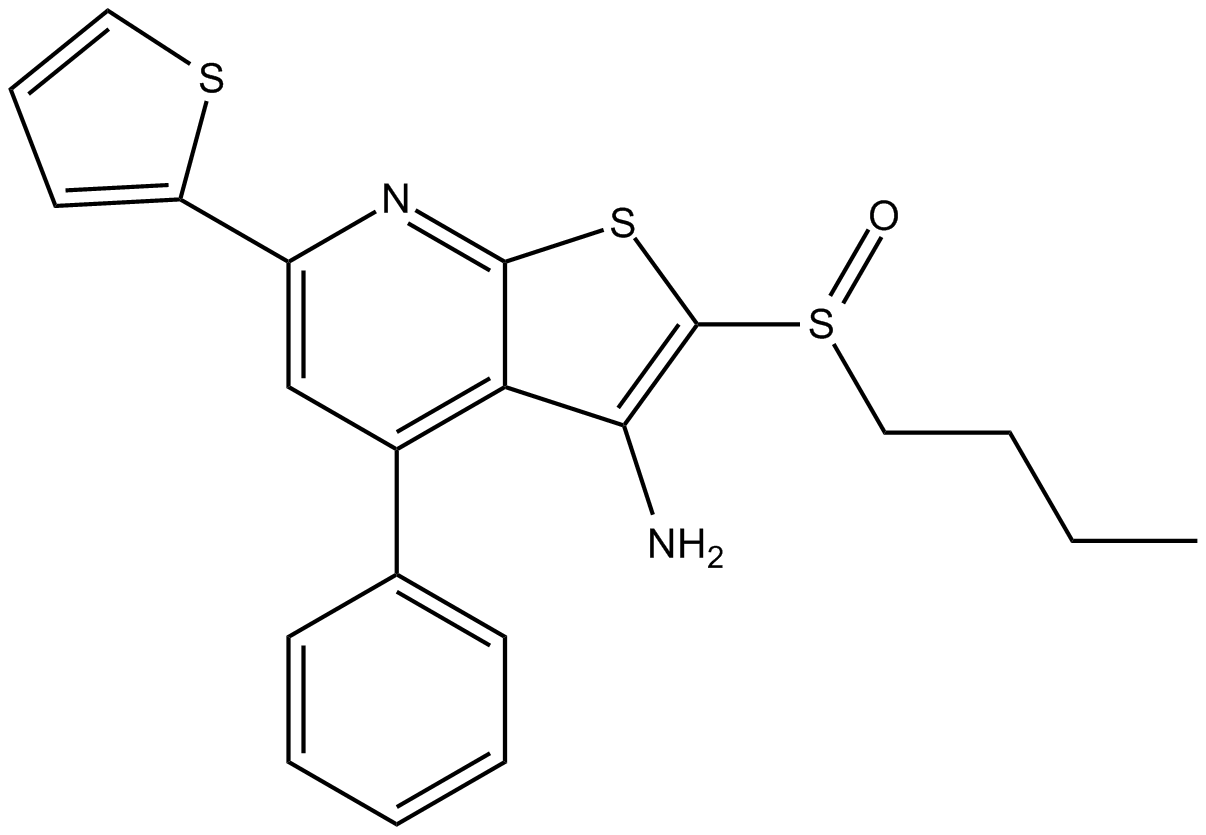 A8709 SW033291Target: 15-PGDHSummary: 15-PGDH enzyme inhibitor
A8709 SW033291Target: 15-PGDHSummary: 15-PGDH enzyme inhibitor -
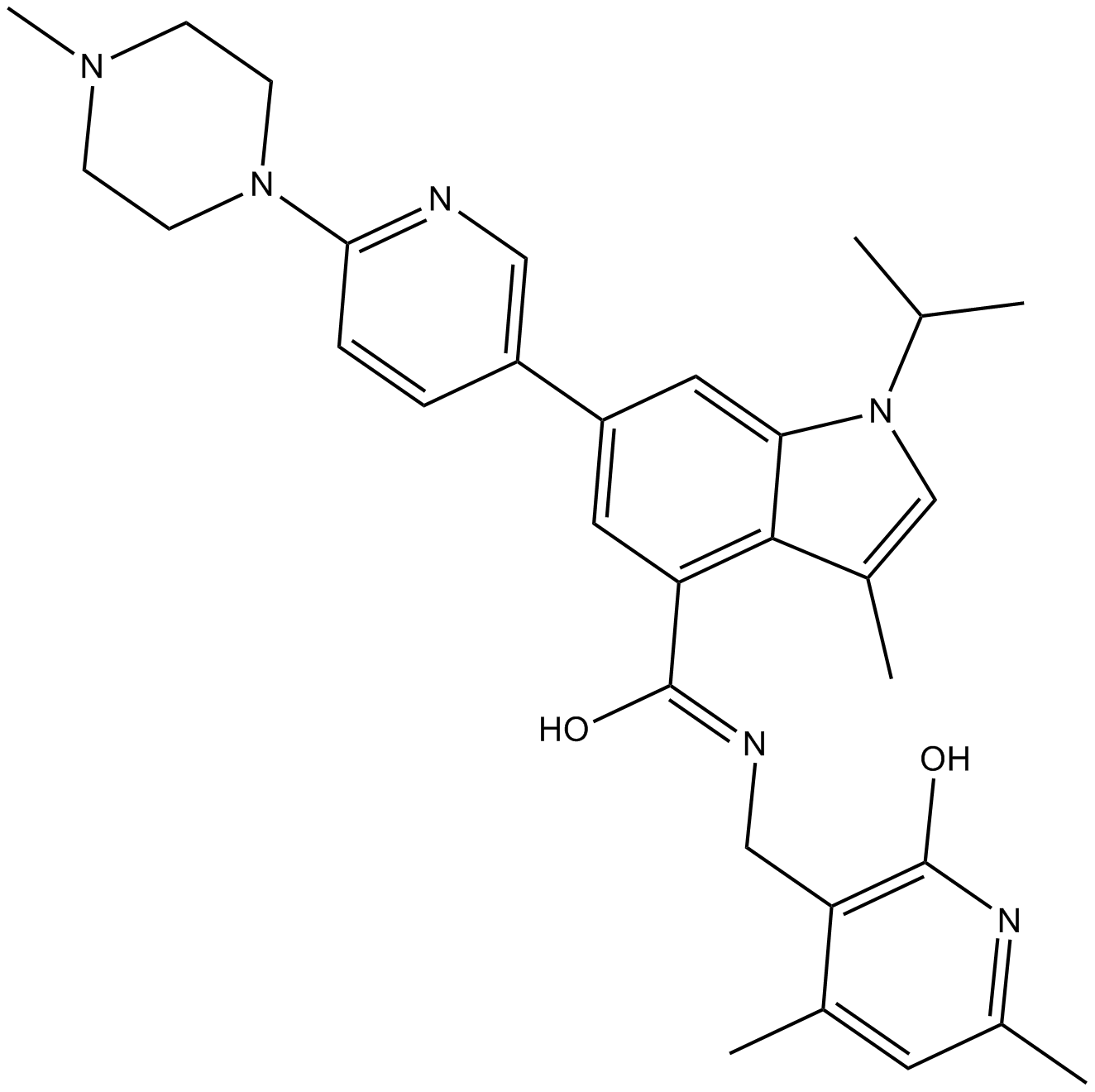 B5833 GSK5032 CitationSummary: EZH2 inhibitor
B5833 GSK5032 CitationSummary: EZH2 inhibitor -
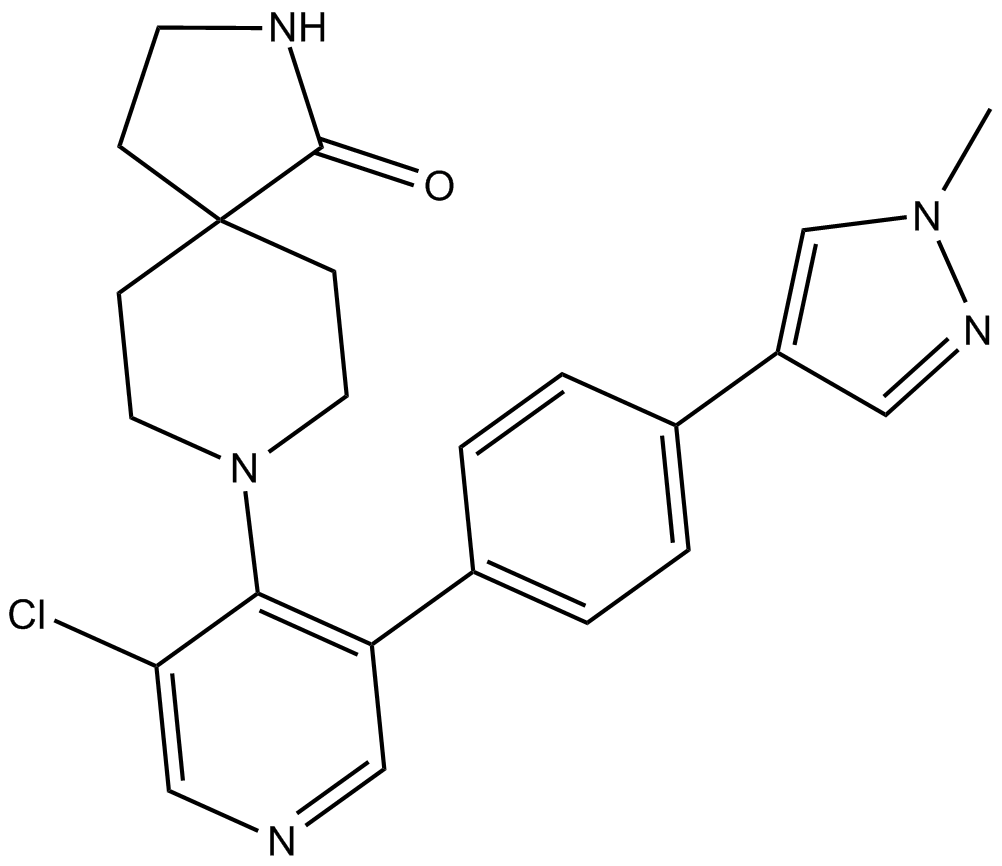 B5979 CCT251545Summary: Orally bioavailable and potent WNT signaling inhibitor
B5979 CCT251545Summary: Orally bioavailable and potent WNT signaling inhibitor -
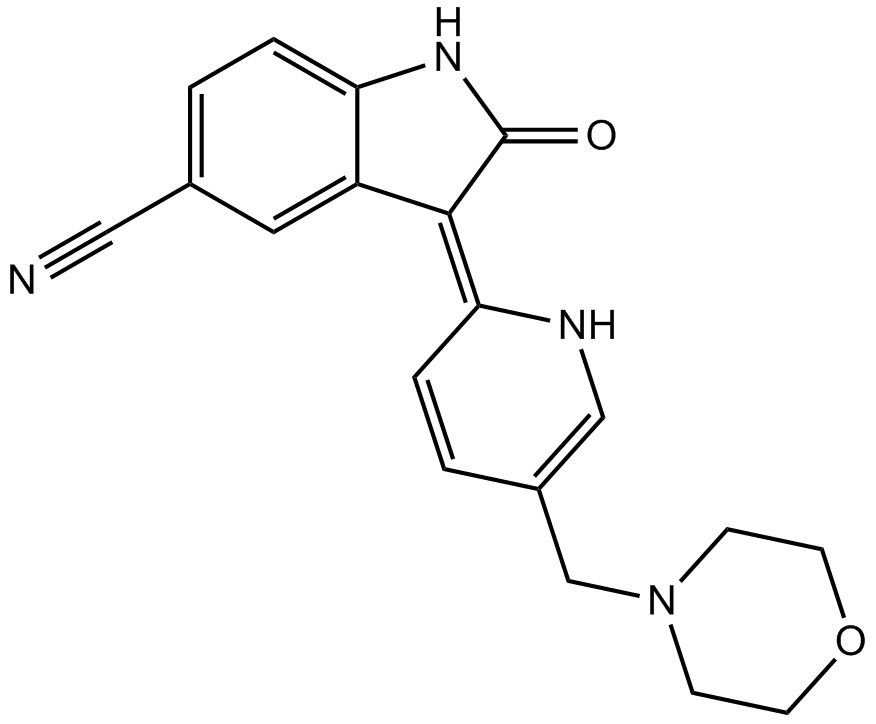 B1536 AZD10801 CitationTarget: GSK-3Summary: GSK3βinhibitor
B1536 AZD10801 CitationTarget: GSK-3Summary: GSK3βinhibitor -
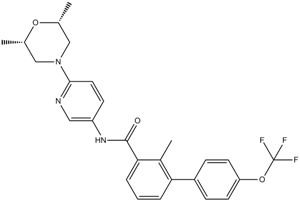 B2266 LDE225 (NVP-LDE225,Erismodegib)1 CitationTarget: SmoothenedSummary: Smoothened inhibitor,potent and selective
B2266 LDE225 (NVP-LDE225,Erismodegib)1 CitationTarget: SmoothenedSummary: Smoothened inhibitor,potent and selective -
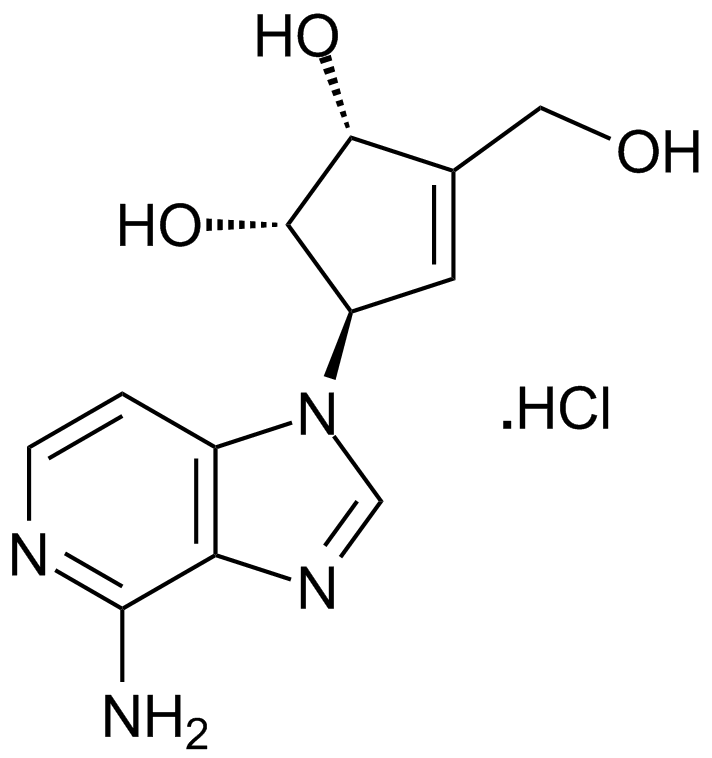 A8182 3-Deazaneplanocin A (DZNep) hydrochloride1 CitationTarget: EZH2Summary: SAHH and EZH2 inhibitor
A8182 3-Deazaneplanocin A (DZNep) hydrochloride1 CitationTarget: EZH2Summary: SAHH and EZH2 inhibitor -
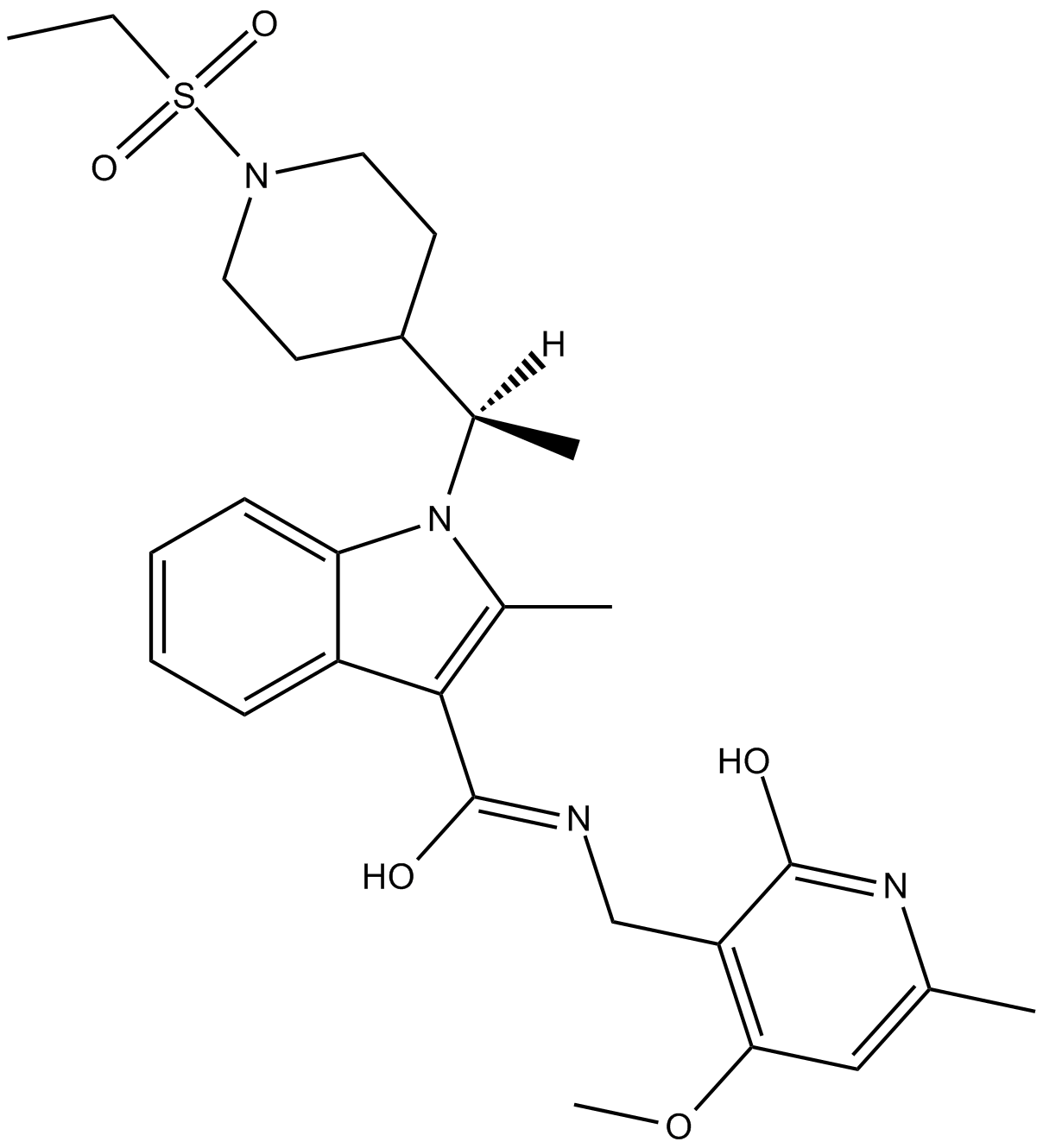 B4678 CPI-1691 CitationTarget: EZH2|EZH1Summary: EZH2 inhibitor
B4678 CPI-1691 CitationTarget: EZH2|EZH1Summary: EZH2 inhibitor -
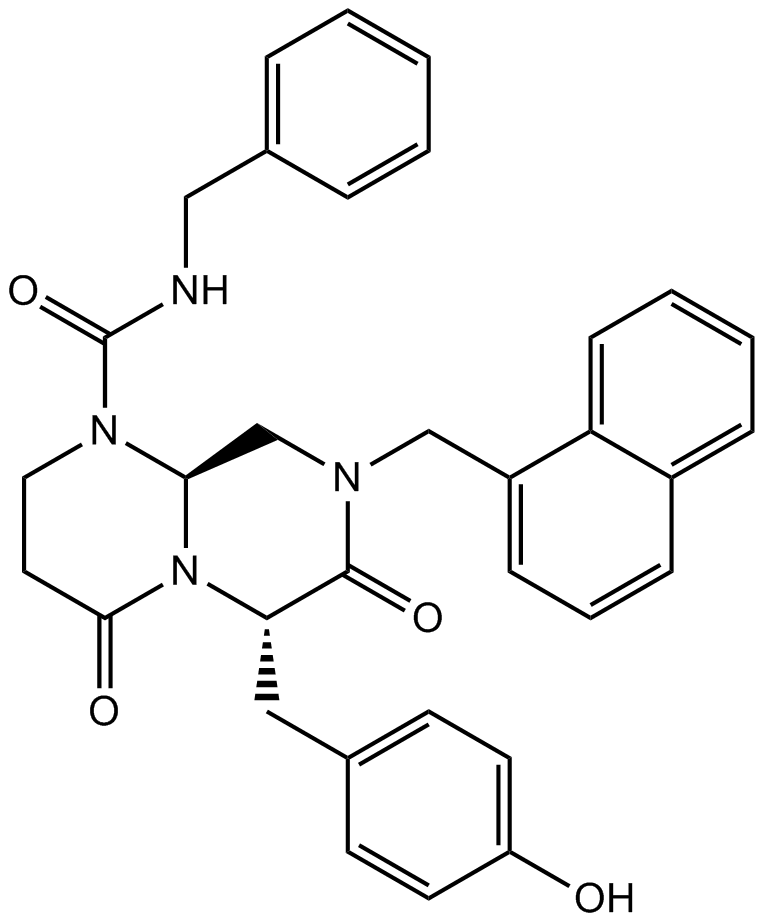 A8217 ICG 0011 CitationSummary: Wnt/β-catenin pathway inhibitor
A8217 ICG 0011 CitationSummary: Wnt/β-catenin pathway inhibitor -
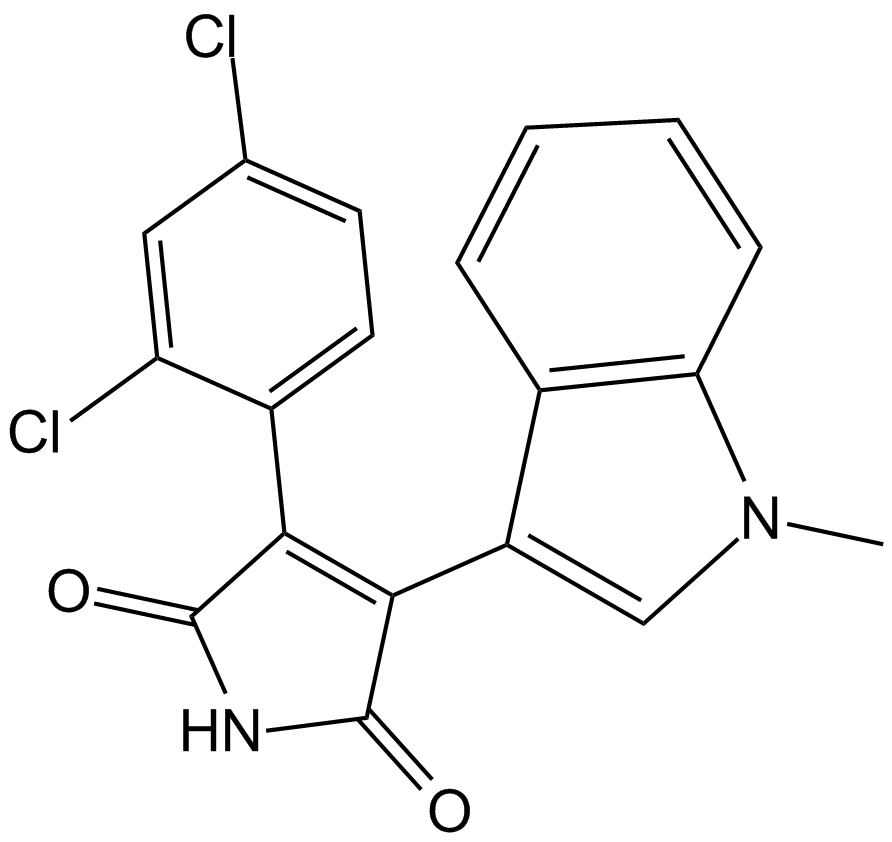 A8240 SB 2167633 CitationTarget: GSK-3Summary: GSK-3 inhibitor,ATP-competitive,potent and selective
A8240 SB 2167633 CitationTarget: GSK-3Summary: GSK-3 inhibitor,ATP-competitive,potent and selective

